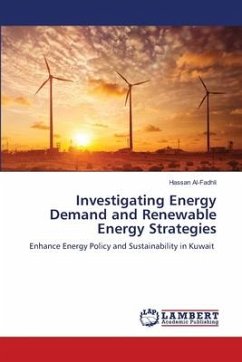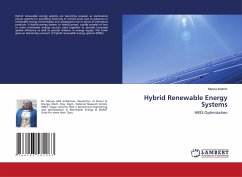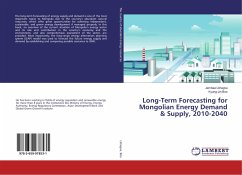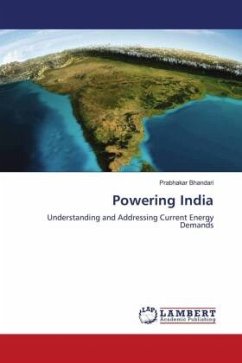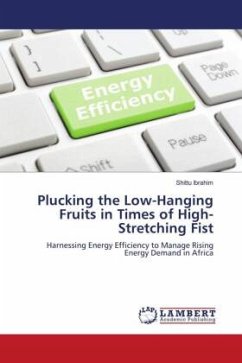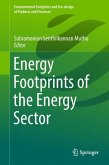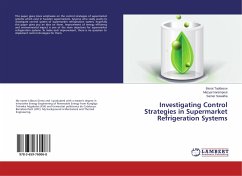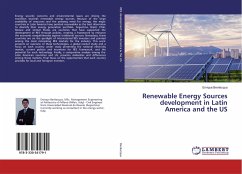In past decades, few oil-producing countries have paid significant attention to renewable energy utilization due to the widespread availability of fossil fuels with well-established production technologies. However, in recent years, it has become clear that this has adverse environmental, economic, and social effects, and may also threaten these nations' energy security. As a result, the State of Kuwait has declared its intention to meet 15% of its energy needs from renewable sources by 2030. This study explores the drivers of current and future energy demand in Kuwait, assesses the nation's progress towards its 15% target, and suggests a policy framework and medium and long-term strategies to enhance renewable energy utilisation within the oil-rich state.This study proposes a National Policy Framework for Renewable Energy for Kuwaiti policymakers, focusing on energy demand, consumer efficiency, and renewable energy utilisation, and aiming to increase knowledge and awareness about renewable energy utilisation at the individual and governmental levels.
Bitte wählen Sie Ihr Anliegen aus.
Rechnungen
Retourenschein anfordern
Bestellstatus
Storno

